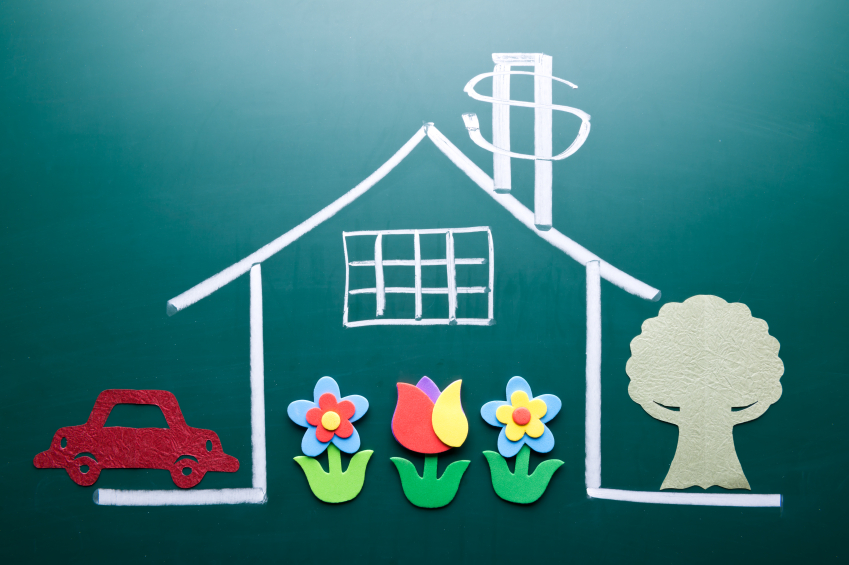As a stay at home, work at home mom, one of my jobs is managing the family budget. It’s careful management of our budget that pays the bills in a timely manner, prevents our family from spending more than we earn, and keeps us track with a savings plan for the future.
For low income families living from paycheck to paycheck, managing your money carefully is the only way to stay out of financial trouble. Without some sort of money management strategy, it’s easy to fall behind on bills which can lead to a domino effect of late fees, interest, and other penalties. Once this happens it’s hard to catch up without have to give up things like food and clothing for the family.

Staying on top of the family finances is an important strategy for low income parents who are struggling to pay the bills. Here’s some tips how you can manage your money effectively despite a not so great income.
- Open a checking account. If you are dealing on a strictly cash only basis, consider opening a checking account instead. Checking accounts are more than a means to pay bills and track your spending, opening a personal checking account creates a business relationship with a bank. The perks of having a checking account includes free on-line banking, better interest rates on loans, plus somewhere to cash those paychecks without getting dinked with a 3% processing fee.
- Set up a personal finance program on your computer. A personal financial management program gives you at-a-glance reports of your spending habits, income stream, and your current checking account balance. My favorite free finance program is “Mint” offered by Quicken (find it at www.mint.com). The advantage of managing your finances on the computer is how darn simple tracking your monthly bills will be.
- Develop a budget. A budget is a tool for determining your monthly financial picture. In one column is listed all your monthly bills and expenses. The second column shows your income. Tracking your monthly expenses shows if you are living within your means, and where costs must be slashed if necessary. The “Mint” program comes with a budgeting feature which is a great way to set up a custom budget for managing your money.
- Balance every day. Balancing is the process of subtracting your expenses from your checkbook balance and adding in the deposits. Balancing your checkbook at the end of every day is the only way to know for certain how much money is in your account. For low income families who’s balance is always perilously close to zero, daily balancing will prevent bouncing a check which can lead to hundreds of dollars of bounced check charges.
- Post payment due dates on the frig. Paying bills late not only messes up your credit, it also can get expensive with penalties and interest heaped on top of the balance. Tracking when those bills are due is an important step in managing your money more effectively. I used to post payment due dates on the frig door to keep me organized and hung the bills from a refrigerator clip so they’d be easy to find.
- Check your account on-line daily. All banks now offer on-line banking which makes it easy to check your balances every day. It’s here where a person can see unexpected charges, catch debits or automatic withdrawals, or notice unauthorized charges. The advantage to checking your balances daily is that you can catch early signs of trouble and prevent bounced check fees.
- Take a free money management course. Money management isn’t something that we just instinctively know how to do. It’s a skill that’s picked up from our parents, in Home Ec classes or adult education classes. County Extension offices (listed in the county government section of the phone book) have stepped up to the plate in teaching adults how to manage their personal finances. The classes tend to be free with a nominal material charge; you can also check out the free online resources offered by the National Cooperative Extension system. Kansas State University has the best free Money Management program I’ve seen on the net, you can find it by visiting www.k-state.edu.
For more money management tips by C. Jeanne Heida, these articles can help:
Tough Economy and Why Balancing Your Checking Account Daily is Important
How to build up a savings account in a tough economy.
